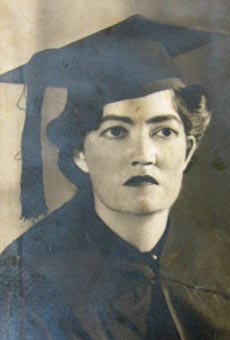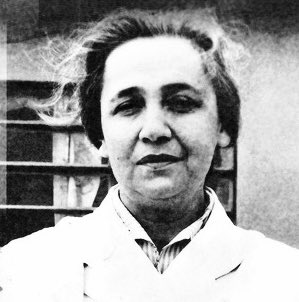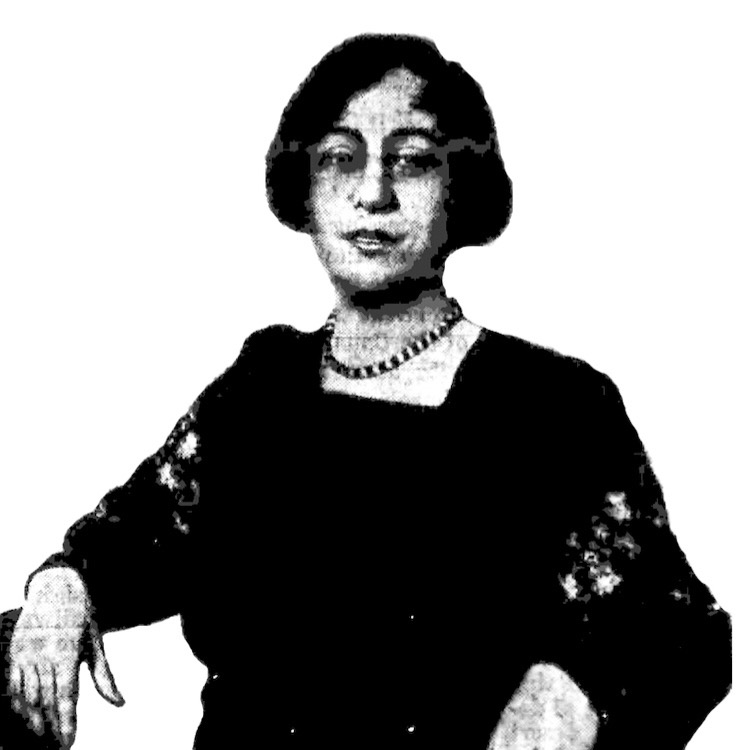The Female Pioneers of Venezuelan Medicine
On March 10th, we celebrated Doctors’ Day in Venezuela. Since it’s so close to International Women’s Day, a Venezuelan doctor celebrates the women who came before her.


Processed with VSCO with se3 preset
Photo: Sofía Jaimes Barreto.
On my first day as a student in Medical School, I learned that Venezuela isn’t short on civilian heroes. My professors constantly brought up people like José María Vargas, Luis Razetti and José Gregorio Hernández, generous folks in their efforts to honor the brilliant minds that paved the way for us, and made learning medicine in Venezuela as prestigious as studying in the best medical schools in the world. They also gave us a long list of important dates and historical figures that would later be tested in exams. But in that long list of pioneers and historical events, some names and milestones were missing. I realized that later.
My professors never mentioned Sara Bendahan, or Lya Imber de Coronil, or Virginia Pereira Álvarez.
When we’re taught History in our universities, when they teach us the history of our professions, sometimes we don’t consider gender based discrimination and we seldom talk about women’s fight for their right to train and study, to have careers that were considered solely for men. We tend to ignore their achievements and when these achievements and struggles are kept invisible, ignorance about the disadvantages we’ve had just because of our gender reigns, in Venezuela and in the rest of the world.
Maybe I wouldn’t have noticed their absence, either, if it weren’t because the day I’m supposed to celebrate my profession (March 10th) is so close to the day we celebrated the most talked about holiday that I remember being a part of, International Women’s Day (March 8th). The feminist movement’s rebirth and the talks we’re having in the spaces that this fight has reconquered allow us to realize how hard these women who came before us had it and how much we still have to do to make gender equality a real thing.
We admire Sara Bendahan, Lya Imber de Coronil and Virginia Pereira Álvarez not only because they were pioneers when they enrolled in Medicine at the Universidad Central de Venezuela, but also their determination to make it in a career full of men and prejudice. They were the first women to do so, yes, but they were also among the best students in their classes.
Sara was the first Venezuelan woman to obtain a Doctor in Medical Science degree, in 1939. Her parents were Sephardic immigrants from Morocco. She lived in Guatire, had humble origins and frail health. She got tuberculosis when she was in third year, but she was an excellent student nevertheless, chosen by her classmates to deliver the speech on their graduation day.
Before her, in 1936, Lya Imber, Ukranian by birth, she was the first woman to achieve this in our country and then our first pediatrician. Lya directed the JM de los Ríos Hospital, founded its Sociedad Venezolana de Puericultura y Pediatría and, as a member of Unicef’s board, she fought for children’s rights and spoke openly about the role of equal opportunity in the health and disease dynamics. You can watch her being interviewed by her sister, Venezuelan culture icon Sofía Imber.
There’s a fact, by the way, that patriarchy deniers should consider: when Lya and Sara graduated as doctors from the Universidad Central de Venezuela, neither of them was allowed to vote because they were women.
Virginia Pereira Álvarez couldn’t finish her studies in Venezuela, but she graduated in the United States. She came back and worked hand in hand with our paladin against malaria, Arnoldo Gabaldón, and founded the Venezuelan Association of Bacteriology, Parasitology and Tropical Medicine.
She was the first woman to publish a scientific paper in the nation and her writing skills weren’t limited to academia: she also wrote a novel, Avila mira hacia abajo.
See, when a woman overcomes an obstacle that never should have existed, her achievement is humanity’s achievement. And if it’s true that we’ve advanced, there’s still a long way to go. Even when we’ve earned the right to wear our white robes, we’re still called “baby”, “girl”, “miss” or “darling.” When we walk into an OR, we’re mistaken by assistants, helpers or nurses. “I want a male doctor,” I’ve heard over and over, along with “there are other specialties more comfortable for women, because they can take care of children, too.”
The horrible humanitarian crisis provoked by the criminal regime ruling our country for over 20 years has taken us to commemorate Doctors’ Day in Venezuela by demonstrating on the streets, but as doctors we must also take a moment to consider gender equality: can we think about preventing and promoting health without thinking about equal opportunity? Can we talk about health and disease in our country without noticing that this dynamic is ruled by access to opportunities in a society that marginalizes women?
Can we teach the history of medicine without admitting the milestones of women who are part of it?
Caracas Chronicles is 100% reader-supported.
We’ve been able to hang on for 22 years in one of the craziest media landscapes in the world. We’ve seen different media outlets in Venezuela (and abroad) closing shop, something we’re looking to avoid at all costs. Your collaboration goes a long way in helping us weather the storm.
Donate







